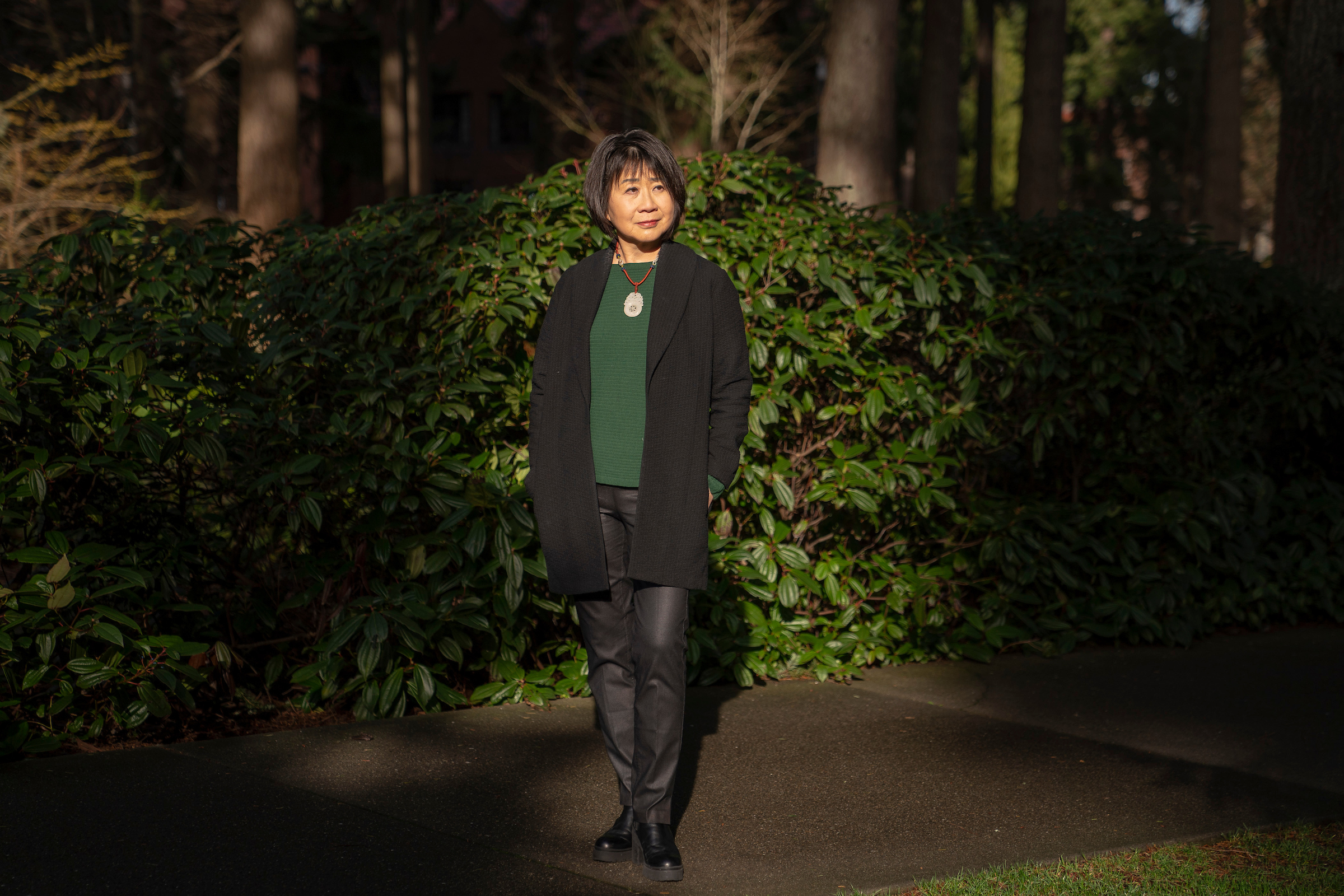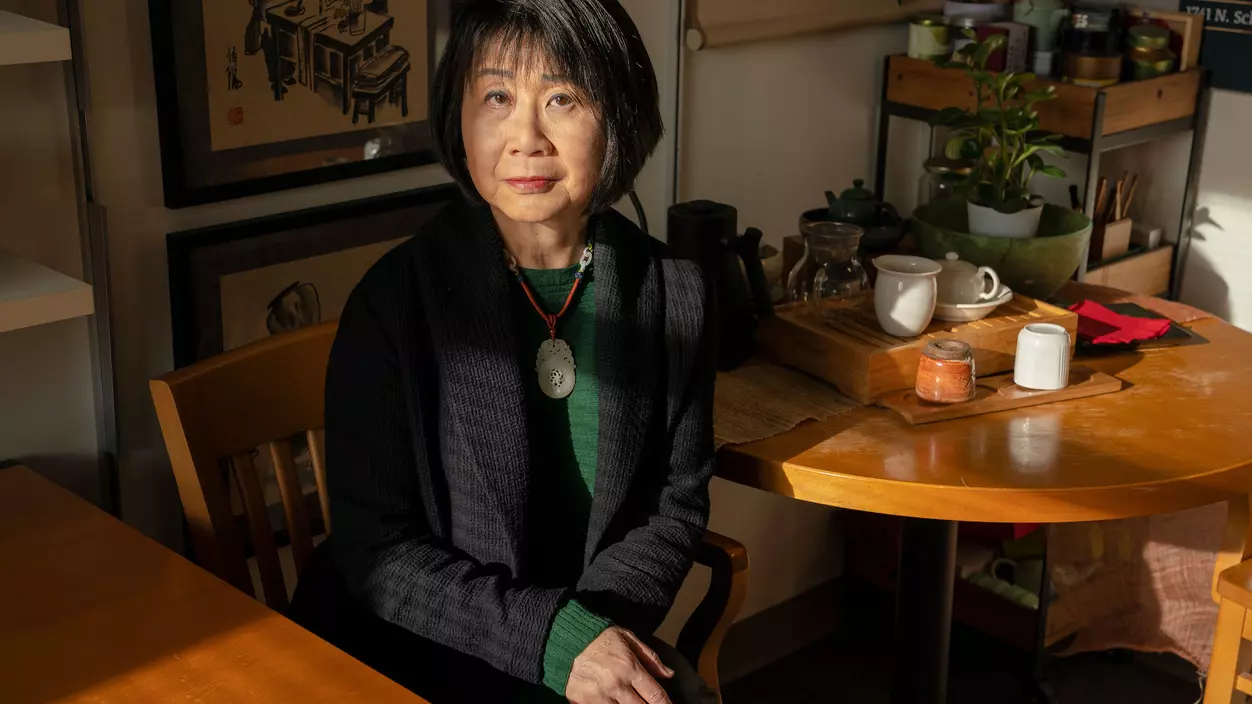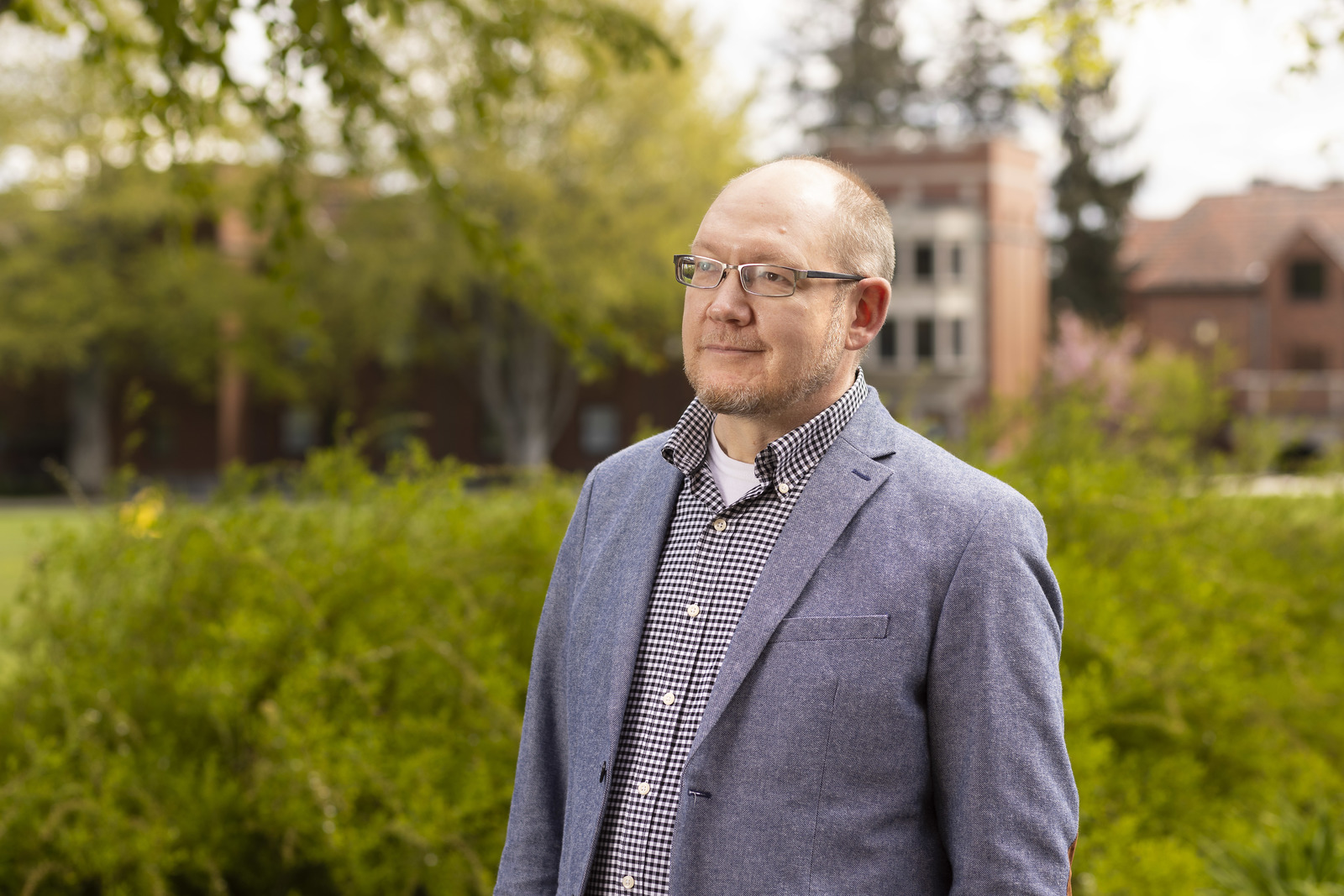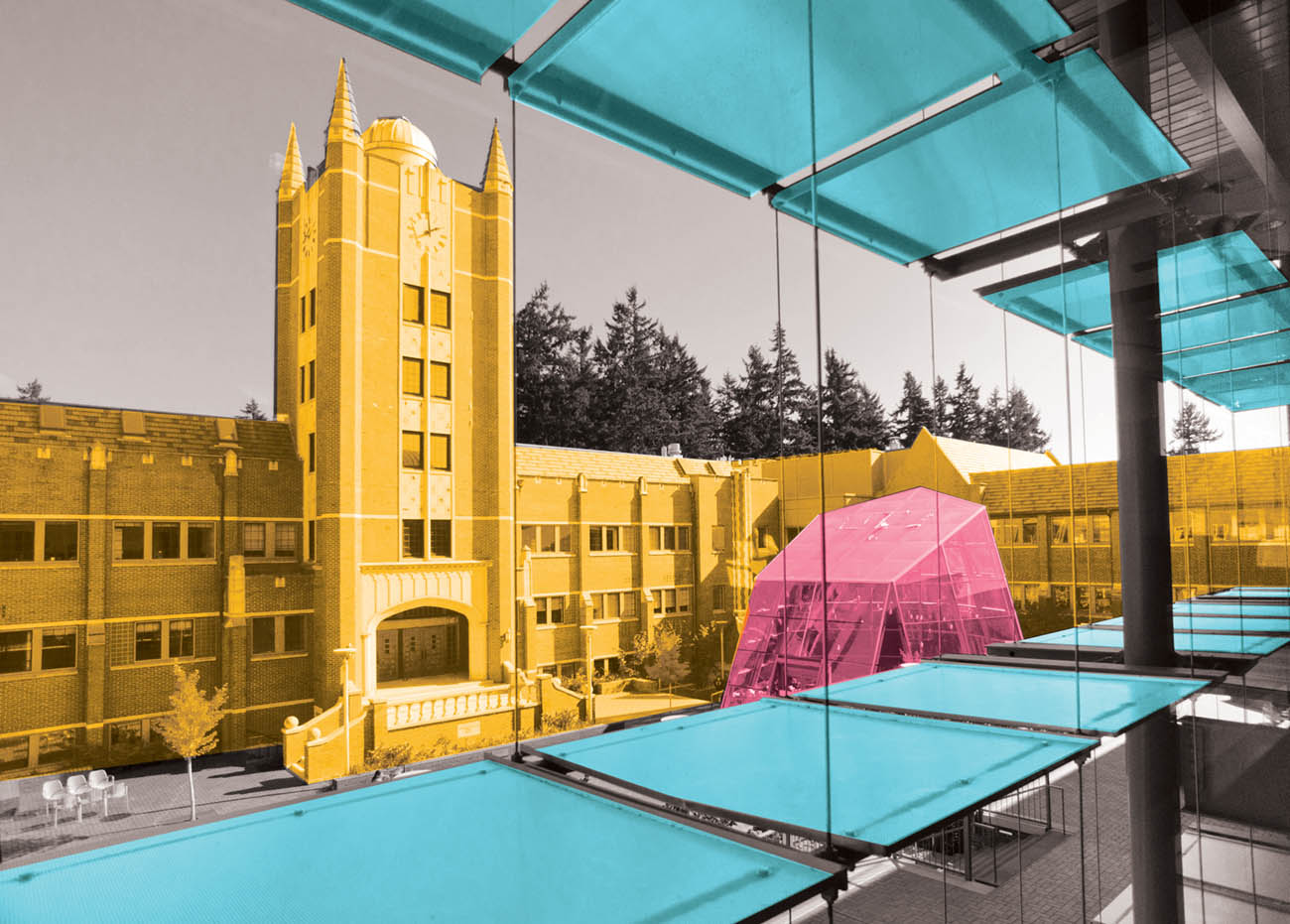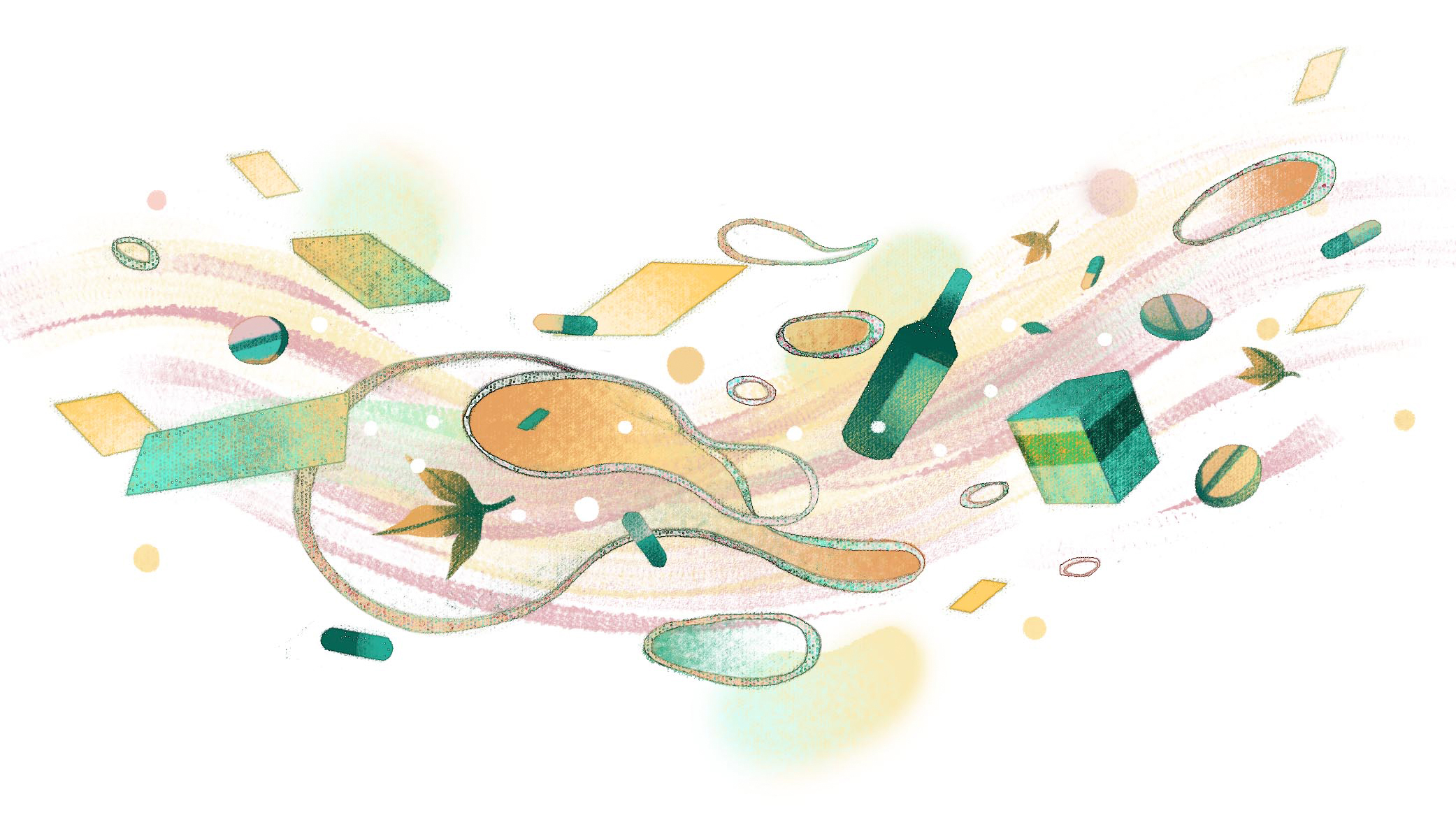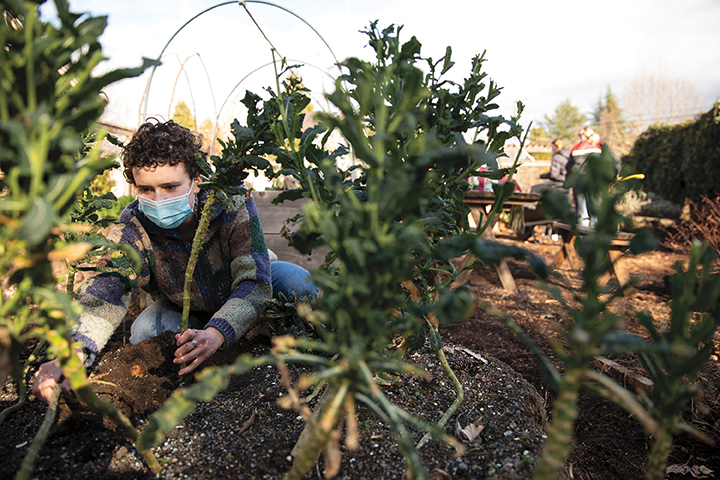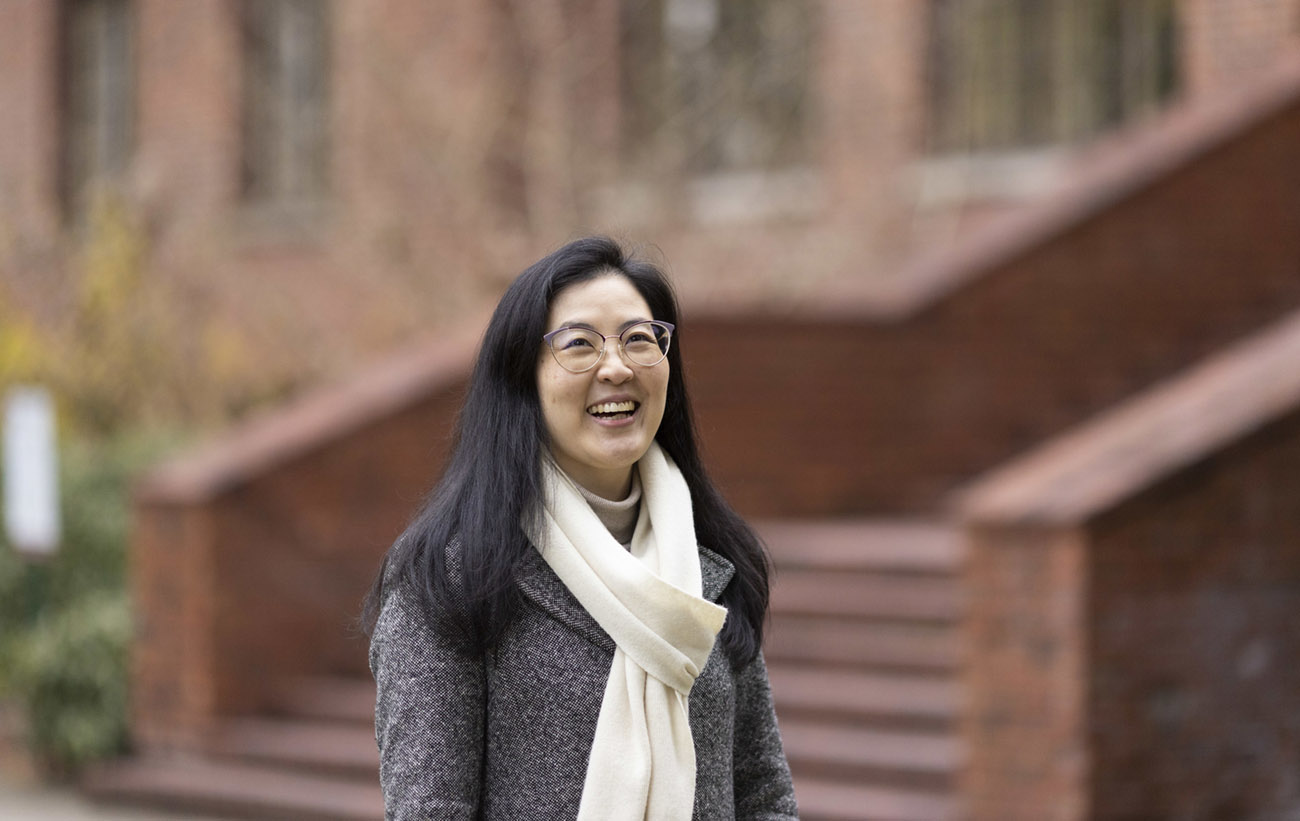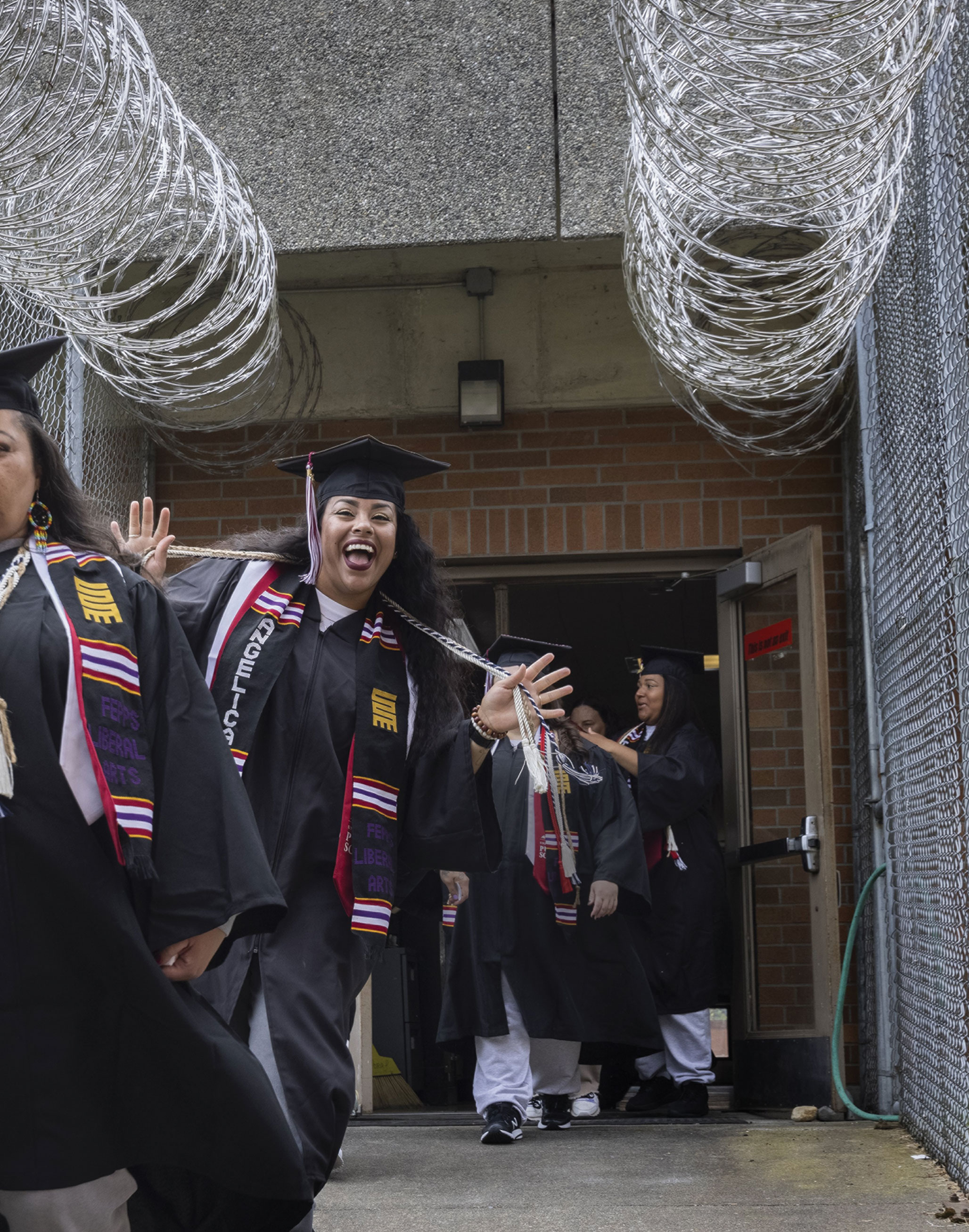Chinese language and culture instructor Lo Sun "Lotus" Perry shares the origins and traditions of the Lunar New Year
The Lunar New Year arrives on Jan. 22, when communities around the world begin to celebrate for 15 days. We asked Lo Sun “Lotus” Perry, who has taught Chinese language and culture at Puget Sound since 1986, to explain the centuries-old festival—a time to rest, gather with family, eat delicious food, and be filled with optimism about the year ahead.
PROPER NAME
Some people call it the Chinese New Year, but Perry says it should be referred to as Lunar New Year. Why? The holiday isn’t exclusive to the Chinese, or even to Asia. (It’s also important to distinguish, says Perry, that not all of Asia celebrates.) Korean and Vietnamese cultures, plus their diaspora all over the world—including Tacoma and its strong Korean-American community—recognize the holiday. Perry, a native of Taiwan, adds that “Lunar New Year” acknowledges its origin: a centuries-old tradition, guided by moon phases, that lets farmers rest from work.
FAMILY MATTERS
One of the most common—and important—customs is reunion dinner. “It’s like Thanksgiving,” says Perry, adding that meal prep for this family feast can take several weeks. (This year, the Lunar New Year’s Eve dinner takes place on Saturday, Jan. 21.)
SEEING RED
The lucky color red is everywhere from clothing to gifts; people frequently give red envelopes filled with money to kids.
